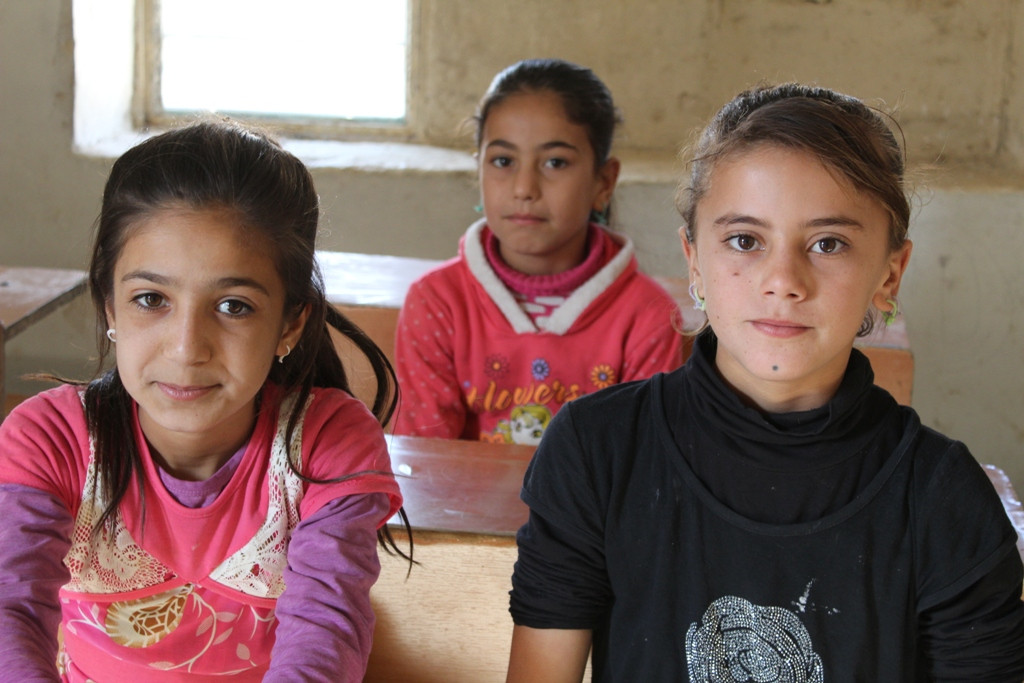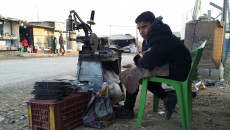The General Directorate of Kurdish Education of Shingal (Sinjar) funded by the Kurdistan Regional Government KRG revealed that 170 male and female students have abandoned school school in the 2021-2022 school year, most of them were forced to work due to destitution and difficult living conditions.
There are two directorates for education in Shingal, alike all other disputed territories. One is funded by Baghdad which teaches curriculums in Arabic and the other is funded by the KRG and teaching in Kurdish.
Shihab Ahmed, head of the administration department in the General Directorate of Shingal Education, told (KirkukNow), "The 170 students are from schools located within the boundaries of Shingal Education of the Ministry of Education in the Kurdistan Regional Government, and all of them are displaced, some of them reside in the camps and others outside."
Ahmed elaborated that most of those who left school “were forced to because of destitution and their need to work in order to secure a living. It is no secret that the conditions of the displaced in the camps are different from the ordinary people, and the aid provided by local and international organizations to them has declined.
The General Directorate of Shingal Education had 27,000 students in the 2021-2022 school year, 14,000 of whom live in camps for the internally displaced persons IDP, especially in Dohuk Northern Province, while another 13,000 reside outside the camps.
There are 90 primary and middle schools inside the IDP camps.
Shingal, 120 km west of Mosul, is home to the Ezidi community and administratively under Ninewa province, and part of the disputed areas between the Iraqi federal government and the Kurdistan Regional Government KRG.
My father is an employee and his salary is not enough for us. I am now working to help my father secure a living
Faisal Dakhil (21 years old), one of the students who dropped out, told (KirkukNow), "My father is an employee and his salary is not enough for us. I am now working to help my father secure a living."
Dakhil has two brothers and three sisters and wants to work alongside his father so that at least his brothers can keep going to school.
"I regret that I left school, but I made this decision by force. I encourage my brothers to continue studying and I will help them as much as possible," Dakhil says.
The Directorate General of Education in Shingal plans to introduce this year the accelerated study system for people who have dropped out of school. This system includes people who are over the legal age as it allows them to attend morning and evening schools.
"We were working on the accelerated study system a year ago, especially for people who left school and were old, but this type of school did not exist in the current school year," Ahmed says.
"We plan to open several schools for quick study next academic year, in order to reduce the illiteracy rate and bring back those who have left their studies."
In August 2014, the extremist militants of the Islamic State in Iraq and Syria ISIS stormed Shingal, killing more than a thousand Ezidis for being non-Muslims, including children. The extremist group has enslaved more than 6,000 civilians, nearly 2,000 children were rescued, and the fate of about 3,000 is still unknown.






